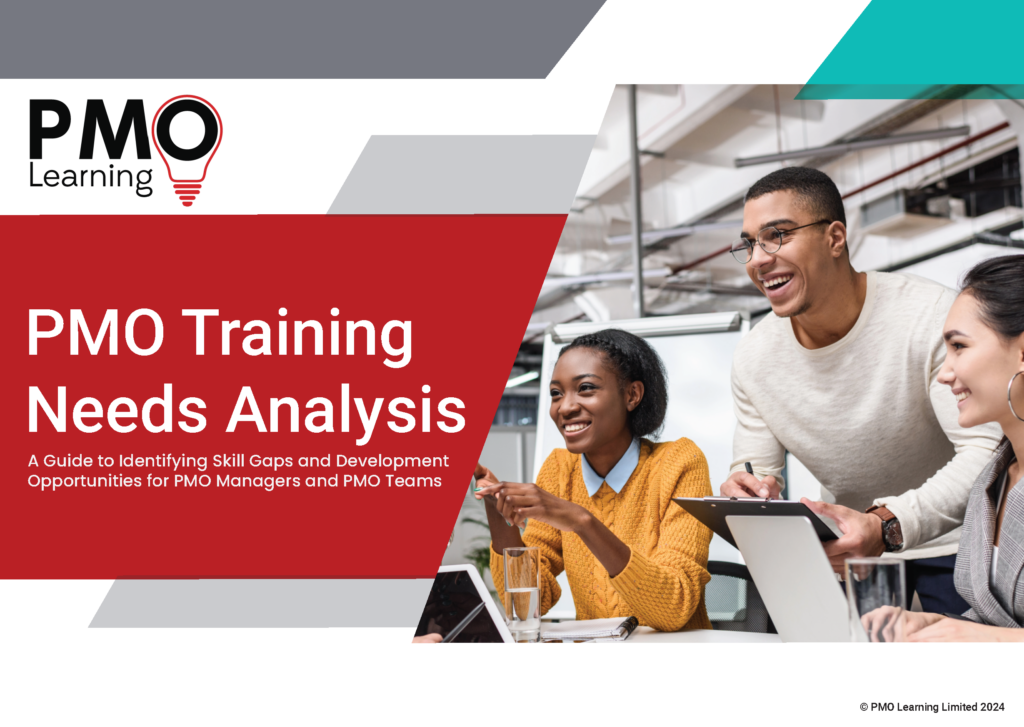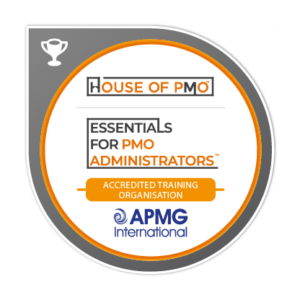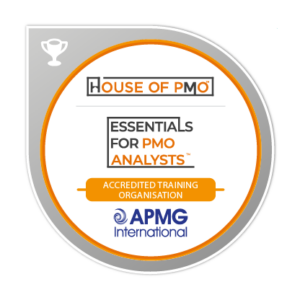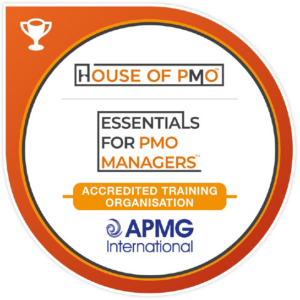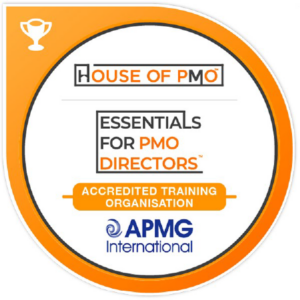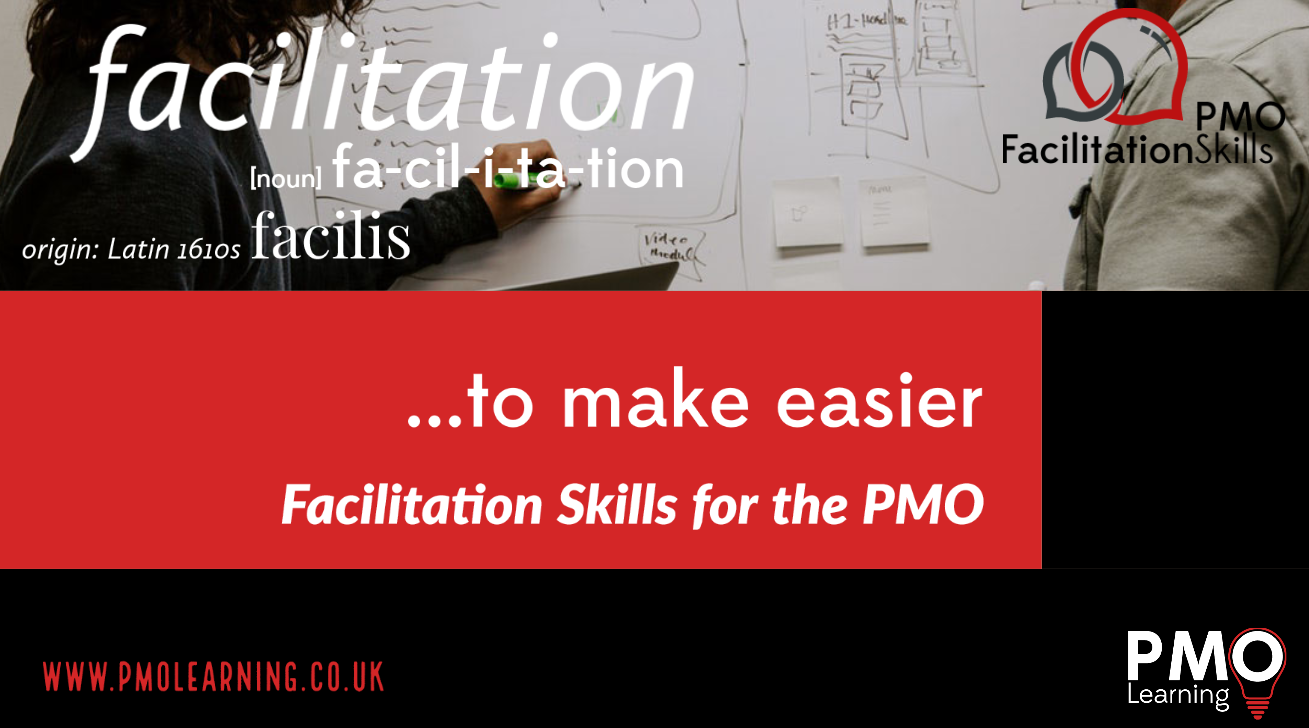
 How many meetings do you attend in a year? How about workshops? Lessons learned? Training courses?
How many meetings do you attend in a year? How about workshops? Lessons learned? Training courses?
Projects are all about people collaborating to get stuff done and done well. The PMO is there to help people get stuff done and to help them do it well. One of the main reasons or objectives of the PMO is to aid decision-making in projects.
That means when people come together for another meeting; a brainstorming session; a risk management workshop – whatever it is, they’re there because decisions need to be made and action needs to be taken.
So how well does that happen in your organisation today? As we sit here with our PMO hats on, can we really say that the times where people come together on our projects are using their time productively, without frustration, with limited positive outcomes? Do decisions get made, where most people agree and are happy with the outcomes and resulting actions?
Even if we can say that most of the meetings we have are fairly productive and positive, is that good enough?
The PMO as a Facilitator
Facilitation is all about someone shaping and guiding the process of working together so that you meet your goals and accomplish what you’ve set out to do.
While a Project Manager might set the agenda and understand what needs to be achieved, someone else needs to concentrate on how you are going to move through the agenda and meet effective outcomes. This is a facilitator.
Many PMOs today offer facilitation skills as a service to the project delivery organisation. Facilitators are requested from the PMO, not only for the skills they have in facilitation but also to offer independence and impartiality too.
Here’s a brief overview of what facilitation is:
- You’re a guide to help people move through a process together.
- You’re there to pull out ideas; opinions, insights and thoughts of the group members.
- You help people to participate through a number of different approaches, models, tools and frameworks.
- You focus on both planning a meeting or event and helping people on the day as the facilitator.
- You’re neutral and never takes sides, keep your opinions pretty much to yourself!
In a nutshell – a PMO can offer facilitation as a service because it’s based on a number of great approaches that can be learnt and utilised in many different settings in project management where people are coming together to make decisions and make things happen. [Find out more about Facilitation Skills and the PMO]
Why We Need the PMO to Facilitate
Here are the top nine reasons why we need to see more PMOs taking advantage of the opportunity to become the go-to resource in the business for facilitation skills.
- Project Managers chair meetings, they can’t lead the interactions at the same time. Who else within the organisation could work alongside a Project Manager to plan and structure a meeting; then work through the process on the day? The PMO is a Project Manager’s best friend at the end of the day, we’re there to help them do the best job they can. Everyone working to their key strengths and interests.
- Facilitation is both an art and a science, something that the PMO role is highly familiar with and works both parts to get great outcomes. Need a process – tick. Need someone to ensure everyone can participate – tick. Need to make sure everyone is informed about the upcoming week – tick. Used to working with different types of people from across the business – tick.
- The PMO is neutral. Sure they know about projects and people but choosing the right facilitator from the PMO means you have someone who’s not as close to the matter at hand. They have no ulterior motives or politics to play. They’re just there to make sure that everyone gets the most out of the reason for being there.
- They have the experience in terms of facilitation approaches – able to use different models and frameworks at the appropriate time to take the meeting in the direction it needs to go. They’re also used to learning lessons, what works well in one facilitated session can be used in another meeting with similar aims.
- They’re used to thinking about those things that are often overlooked or ignored – different locations for different sessions; the psychological needs of attendees; is the space right; is the layout going to work; do we have everything we need for the duration.
- They’ve got the meeting owner’s best interests at heart – the main objective of the PMO is to support decision-making. If they can do this, in a hands-on way like facilitation, both parties get to achieve what they’ve set out to do.
- Facilitation doesn’t end when the session ends, there’s still work to be done to ensure outcomes are turned into actions and actions are carried out and completed. The PMO comes into its own when you need someone to make sure this kind of stuff happens. Want the i to be dotted and the t crossed, the PMO is the one to do it.
- Highly effective habits of successful PMO people [see more] includes active listening skills; pragmatism; plan-do-check; and challenge. Exactly the types of habits that you need in a facilitator alongside rapport building, communications; questioning and capturing and recording facts.
- They have great taste in biscuits and other snacks – use that in abundance. They also know where all the post-it notes are kept. And probably have neat handwriting and make borders on flipchart paper!
Are you ready to upskill in facilitation, to offer a service to the organisation that is guaranteed to improve the collaboration that happens all the time in projects? The journey can start with PMO Learning’s half-day course on [Facilitation Fundamentals for the PMO]
Good development in an area starts with learning the best practice approaches – the different approaches; tools, models and frameworks which are available to a facilitator. This course provides the foundation on which to build your skills in facilitation.
Will you be adding facilitation skills to your PMO bow this year?



